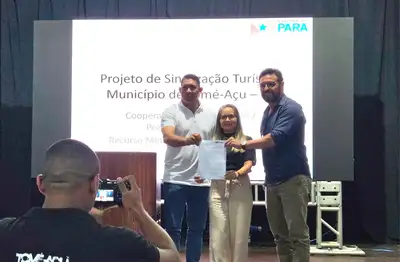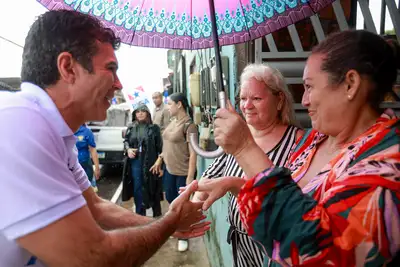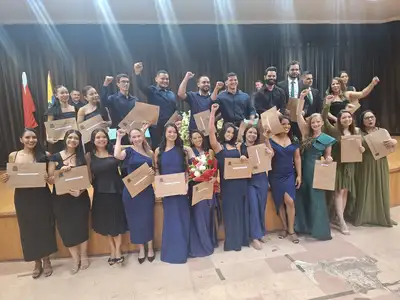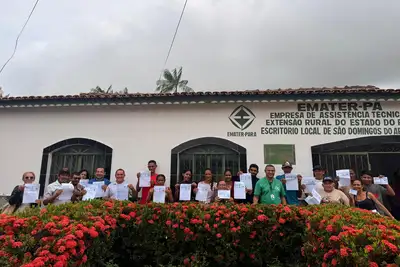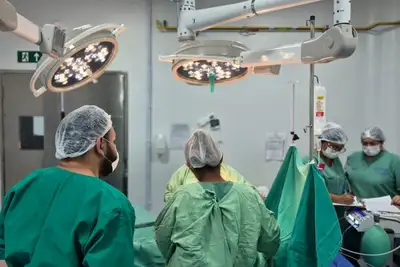Hemopa represents Pará in national action that expands treatment for childhood hemophilia
Hemopa Foundation was one of the five blood centers in the country chosen by the Ministry of Health to represent the public network in the launch of the new SUS protocol, which benefits children from zero to six years old
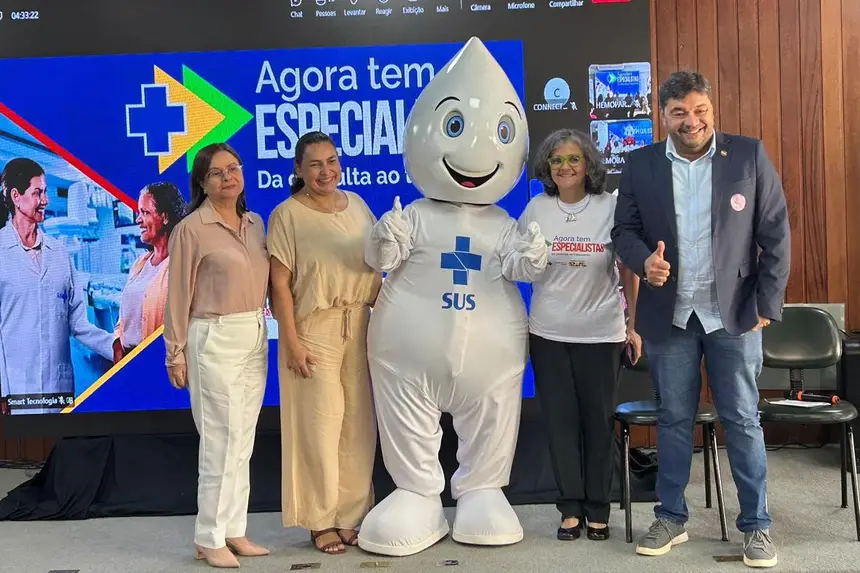
The Pará Center for Hemotherapy and Hematology Foundation (Hemopa) participated, this Friday (24), in the national ceremony for the launch of the expanded use of the medication Emicizumab for children from zero to six years old with hemophilia A, by the Unified Health System (SUS). The action, conducted by the Ministry of Health, took place in Brasília and was simultaneously broadcast to blood centers in Belém, Recife, Fortaleza, Curitiba, and Salvador, marking an important advance in the treatment of childhood hemophilia and care for early childhood.
Hemopa was one of the five blood centers in the country chosen to represent the public network at the launch. In Belém, the ceremony was attended by health professionals, managers, and families of patients served by the institution, which is part of the Brazilian blood network and provides clinical and laboratory follow-up for children with hematological diseases.
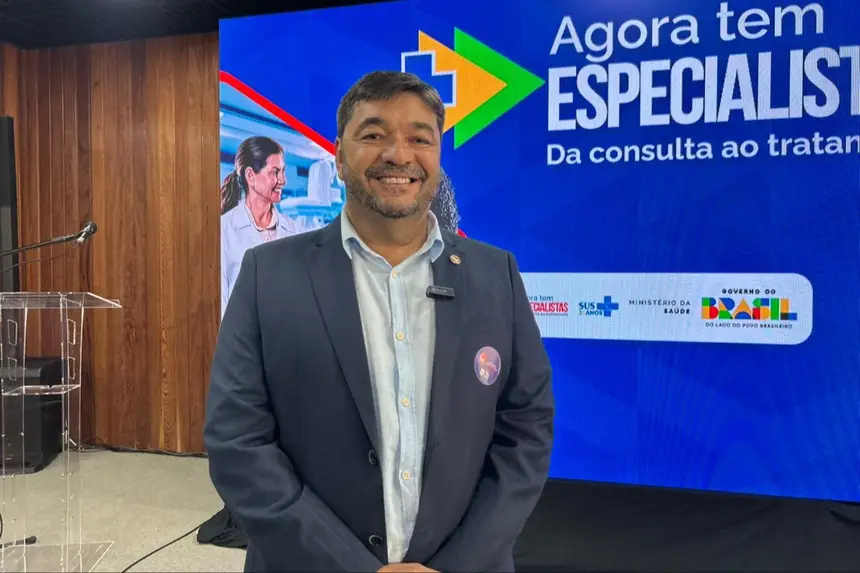
The president of Hemopa, Paulo Bezerra, highlighted the importance of the initiative and the direct impact of the new protocol on the care provided by the foundation. “Through the Ministry of Health, Hemopa was chosen among four other blood centers in Brazil for the launch of the medication that will serve hemophiliacs from zero to six years of age. Emicizumab will be incorporated into the SUS and provided free of charge to patients who need continuous use. It is an improvement in the quality of life for the patients that Hemopa follows. Today, we have nine children registered in this age group who need this medication, now incorporated into the treatment protocol of the Ministry of Health,” he stated.
The new treatment protocol, announced by the Minister of Health, Alexandre Padilha, replaces traditional intravenous therapy with subcutaneous injections, administered up to three times a month. “Today we take another important step in caring for our children with hemophilia A. With the change in the protocol, it will be possible to offer a more modern, safe, and humanized treatment, with weekly subcutaneous application, avoiding the suffering of frequent intravenous procedures. This measure, combined with new investments in blood centers and equipment, reinforces SUS's commitment to specialized treatment and the quality of life of children and their families,” the minister emphasized.
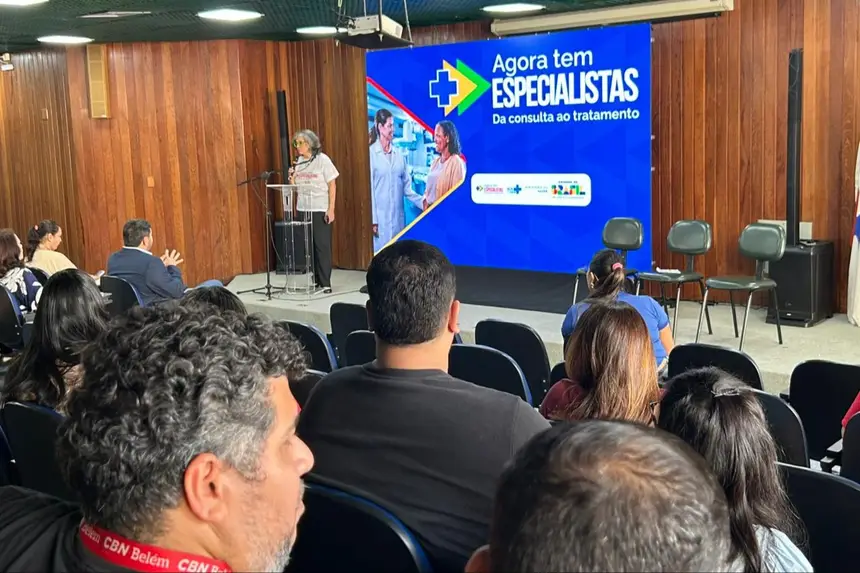
The technical advisor of the Specialized Health Care Secretariat, Lena Peres, explained that the expectation is that the medication will be available in the blood network units starting in November. “It reduces bleeding by 90% and replaces intravenous applications, which often caused pain and infections in small children. The subcutaneous injection offers a more humane, safe, and comfortable treatment — both for patients and their families,” she emphasized.
During the event, mother Joana Brauer, who has two children with severe hemophilia A, Lucca, ten years old, and Liam, six, shared her care routine and highlighted the importance of the medication expansion by SUS.
“My son needs to be punctured several times a week. It is painful — for him and for me. This measure represents dignity and relief for all mothers who face this routine daily,” she stated.
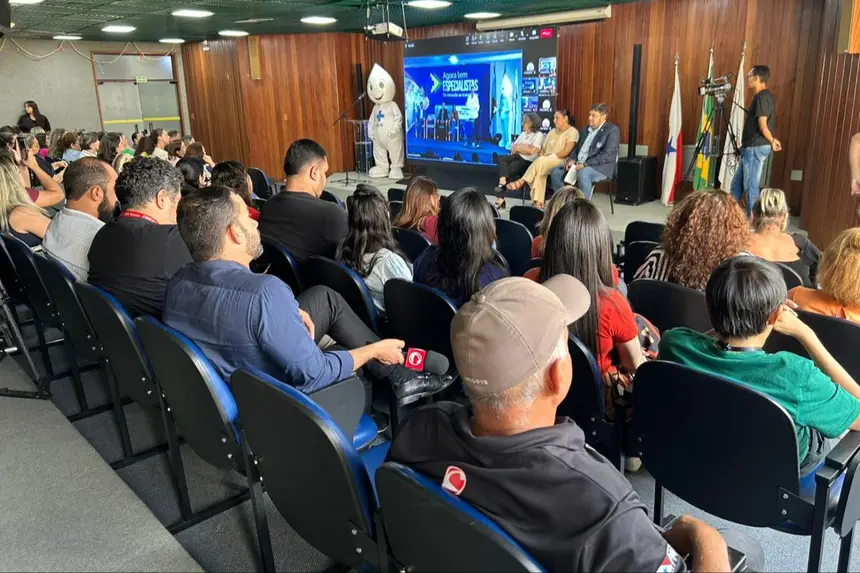
Hemophilia A is a rare genetic condition characterized by a deficiency of coagulation Factor VIII, which can cause internal and external bleeding, pain, and joint sequelae. Hemopa is a reference in the diagnosis, treatment, and follow-up of patients with hematological diseases in Pará and integrates the national actions of the Ministry of Health aimed at specialized and humanized care.




